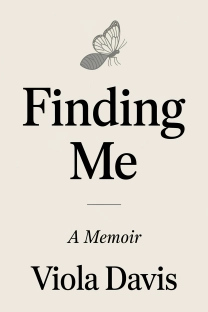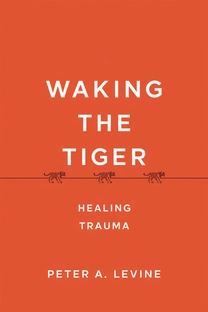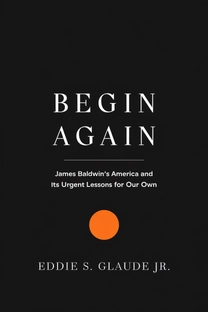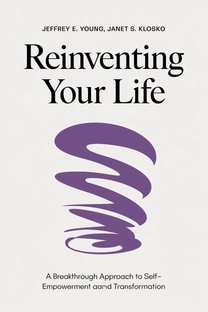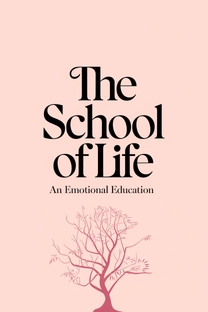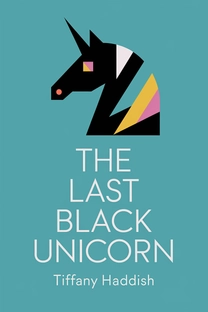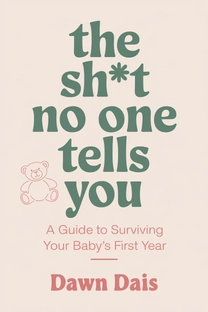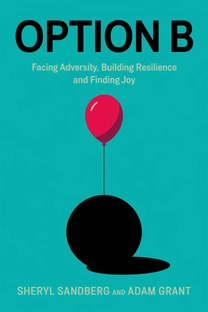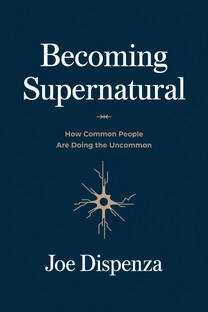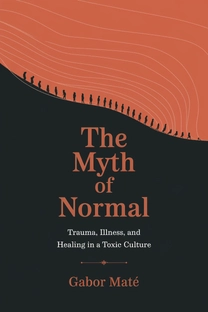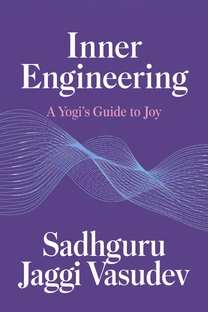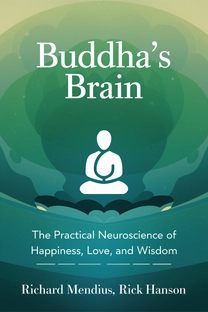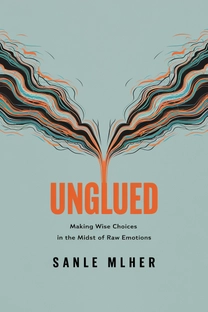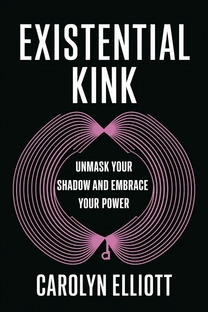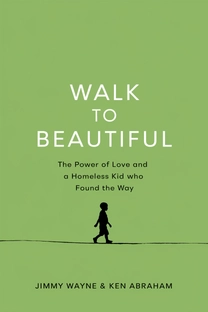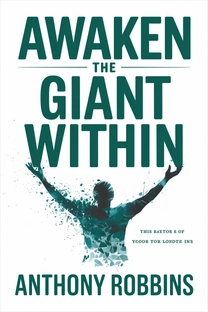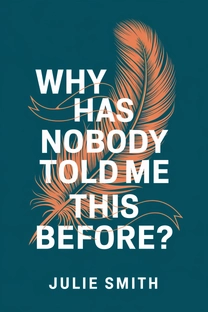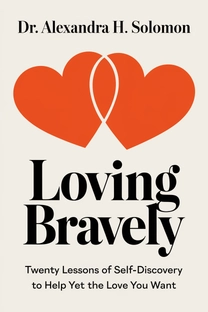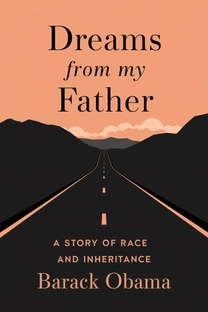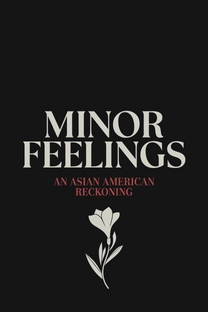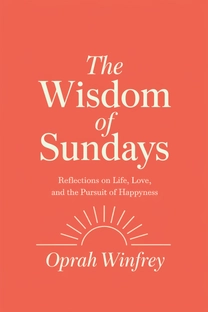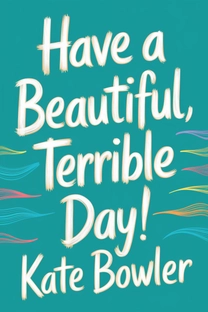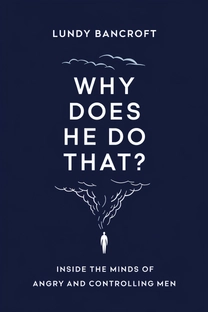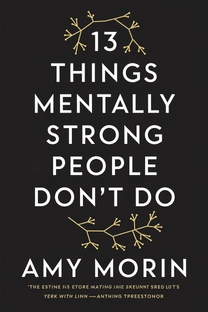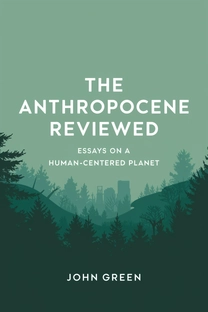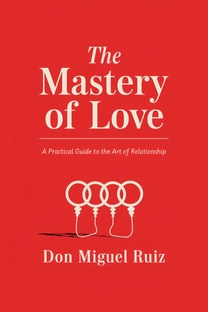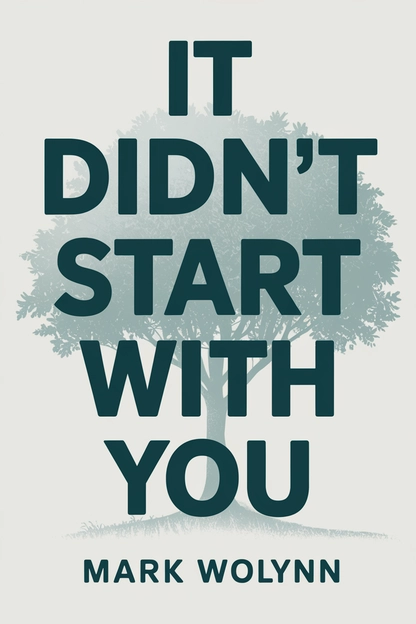
It Didn't Start with You
How Inherited Family Trauma Shapes Who We Are and How to End the Cycle
by Mark Wolynn
Brief overview
This book uncovers how deeply connected we are to the traumas and emotional legacies of our ancestors. By tracing invisible bonds of pain, it shows how identifying and understanding generational patterns can free us to lead healthier, more fulfilled lives. Expect practical insights on exploring your family’s history to overcome entrenched fears, anxiety, or relationship challenges.
Introduction
Have you ever sensed that some of your deepest fears, relationship challenges, or self-defeating habits stem from issues that aren’t entirely your own? Perhaps you’ve felt echoes of events you can’t recall or noticed unexplainable anxieties that don’t match your life story. It’s possible you’ve inherited trauma from ancestors, woven into your emotional and mental tapestry.
In our families, painful experiences often go unresolved. The hurt, shame, or panic can linger, silently passing from one generation to the next. By examining these hidden legacies, we can become aware of how our ancestors’ traumas continue to influence us in unexpected ways.
Throughout these pages, you’ll find a framework for recognizing old wounds buried in family lore. You’ll learn to interpret recurring patterns and shift emotional burdens. Our goal is to piece together each clue so that we can finally break free from invisible cycles that overshadow our well-being.
This journey begins by understanding that our personal struggles may actually belong to a larger family story. Once we identify that story, we can reclaim our own path to health. Let’s start by seeing how and why the past might be alive inside us.
The Hidden Legacy of Family Trauma
At the heart of inherited family trauma is the idea that events that overwhelmed an ancestor can remain unresolved—then pass silently from parent to child. A hidden legacy doesn’t always appear in obvious ways; instead, it can show up as persistent fears or repeating emotional patterns that lack any clear trigger in our personal history.
For instance, a grandparent who lived through a war or famine might unknowingly convey those survival anxieties to future generations. Even if no one speaks of it, the trauma can be stored in the family’s collective emotional memory. Time alone doesn’t wipe away these imprints; instead, they often surface when life events echo that past pain.
People frequently wonder where their nightmares, sudden phobias, or relationship sabotage originate. By investigating one’s origins—stories of abrupt separations, early deaths, or violent conflicts—an entirely new context emerges. We see how the painful experiences of an ancestor’s heartbreak might have shaped our mother or father’s responses, which, in turn, shaped our own.
What is It Didn't Start with You about?
It Didn’t Start with You by Mark Wolynn shows how inherited family trauma can shape our emotions and behaviors. Through real-life stories, research, and guided reflection, the author reveals why some deep-seated fears and challenges may stem from hidden events in our ancestral past. The goal is to help readers link modern hardships with past family struggles and offer solutions for genuine healing.
By showing that our emotional baggage may not begin with us, this work offers a hope-filled way to break long-standing cycles. Wolynn brings clarity to the idea that understanding our roots can guide us toward forgiveness, self-awareness, and healthier connections. With practical exercises and core language tools, the book offers a path to move beyond generational pain and stand on firmer ground.
Review of It Didn't Start with You
One of this book’s strengths lies in layering scientific findings with personal anecdotes, illuminating how trauma lodged in a grandparent can surface as anxiety or stress in younger generations. The strategies, like uncovering “core sentences,” give readers clear ways to dig into their own histories and start changing harmful patterns. Along the way, Wolynn covers the writing style in a calm, approachable tone, making complex ideas about epigenetics and psychology understandable for diverse audiences.
Practical applications range from journaling prompts to family tree analysis, helping readers pinpoint where pain may have taken root. Though it addresses emotional stories, the text stays professional, giving enough detail to guide personal reflection or support a practitioner’s toolbox. If you’ve been searching for a thoughtful, actionable guide to tracing—and transforming—stubborn emotional legacies, this book is a solid pick.
Who should read It Didn't Start with You?
- Mental health professionals aiming to expand their understanding of intergenerational trauma
- Individuals who sense their anxieties or struggles run deeper than personal history
- Anyone exploring family-based emotional patterns to improve relationships
- Readers intrigued by the interplay of genetics, environment, and human psychology
About the author
Book summaries like It Didn't Start with You
Why readers love Mindleap
10-Minute Book Insights
Get the core ideas from the world's best books in just 10 minutes of reading or listening.
Curated For You
Discover your next favorite book with personalized recommendations based on your interests.
AI Book ExpertNew
Chat with our AI to help find the best book for you and your goals.
Reviews of MindLeap
Love how I can get the key ideas from books in just 15 minutes! Perfect for my busy schedule and helps me decide which books to read in full.
Alex R.
The summaries are incredibly well-written and the audio feature is perfect for my commute. Such a time-saver!
Jessica M.
Great app for personal growth. The insights are clear and actionable, and I love how they capture the essence of each book.
Chris P.
The app is beautifully designed and the summaries are top-notch. Definitely worth every penny!
Sarah K.


